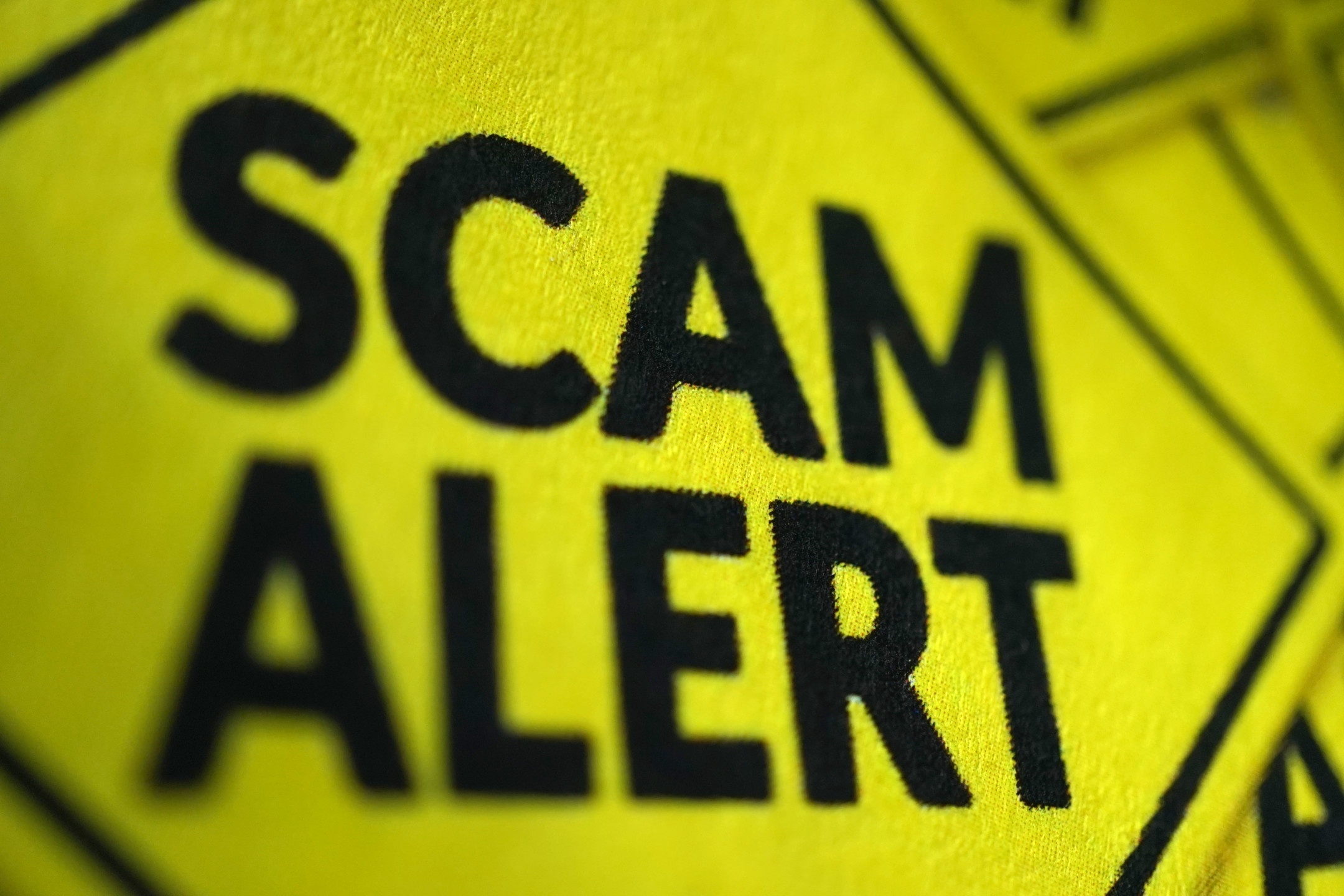
Protect Yourself: Top Tips to Avoid Scams and Fraud Amid the Pandemic
Scams are everywhere, in good times and bad, there will always be scammers out there ready to trick you into sending them money or personal information. As the Pandemic continues, scammers have been busy coming up with new scams, along with using their old tricks to get people to send them money.
As the government has rolled out a second round of stimulus checks, we wanted to make sure that our members are as up to date as can be regarding when and how they will receive the checks. Most will receive them the same way the first round of checks went out back in the spring of 2020, direct deposit or a pre-loaded debit card in the mail.
However, there are some members that may be experiencing delays in receiving their stimulus checks. We have a FAQ document on our website that should help answer any questions regarding checks.
Another great way to protect yourself from scams is to check out the Federal Trade Commission’s website, they’ve compiled a list of the top scams going around, especially during the pandemic. Remember, the IRS, government organization such as the CDC or WHO, AmeriChoice or any other financial institution will never call you asking for personal information. If you get a call from someone claiming to be with any of those, hang up.
As many people have started going cash-less, the cash transfer apps, such as Venmo, PayPal and CashApp, have started to become more popular. While these are great ways to contactless-ly pay for things, users need to be aware of the rules and how they would be protected against loss from these companies before sending money or giving information out. Make sure that the person or company you’re paying is a legitimate person or company, if you need to return an item or the service never happens; find out what the refund procedures are and make sure that you’ll be able to get a refund.
Remember that your financial institution might not be able to help you resolve an issue or open a dispute if you use one of these platforms like they normally would with a debit card dispute, so know what you’ll need to do in order to get a refund, or what you’ll need to do if you do find that you’re a victim of a scam.
Time is another thing scammers will use to get you to fall for their tricks. They’ll often tell you that you have a set amount of time to get them funds (often, sent via a gift card) with a very tight deadline. Remember, once you purchase a gift card and send the number, along with the security codes, you cannot get those funds back. And, any reputable organization will not ask for gift card numbers and codes to be sent in order to pay fines.
Using fear, often a threat of jail time, further fines or embarrassment and a tight deadline, people aren’t thinking clearly, and will fall for these scams. If you do happen to receive one of these calls (or voicemails), take a moment, stop and think “have I heard of this person or organization, do I owe them money?” and Google the name and phone number.
The FTC also warns against ads for test kits and miracle cures or treatments for Coronavirus (and other diseases). As always, do your homework and research and consult with your doctor when any medical treatments or procedures are presented to you.
Remember these two things—first, if something seems too good to be true, it probably is and second, if you’re being asked to do something that you don’t think is right or seems a little sketchy, check with us, we’re here to help!
-2.png?width=300&height=65&name=AFCU-logo-2019-white-sm%20(1)-2.png)